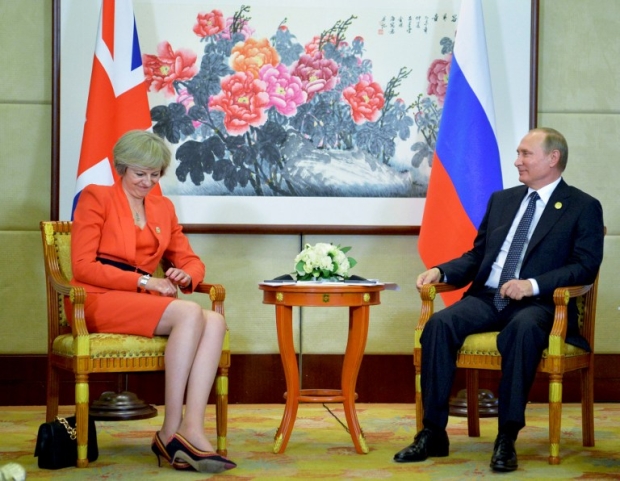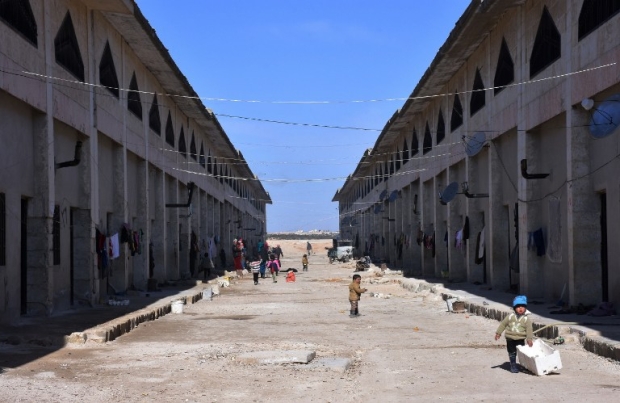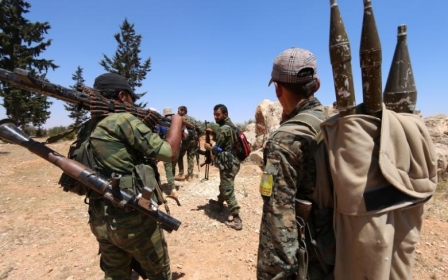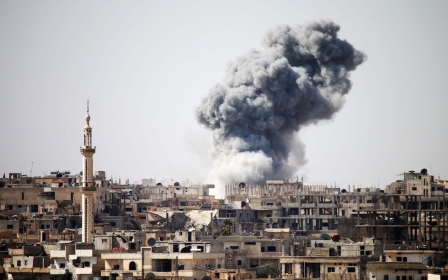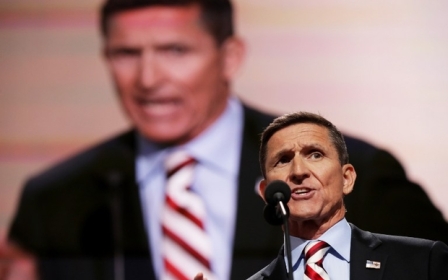'Engage but beware': Dealing with Russia in Syria
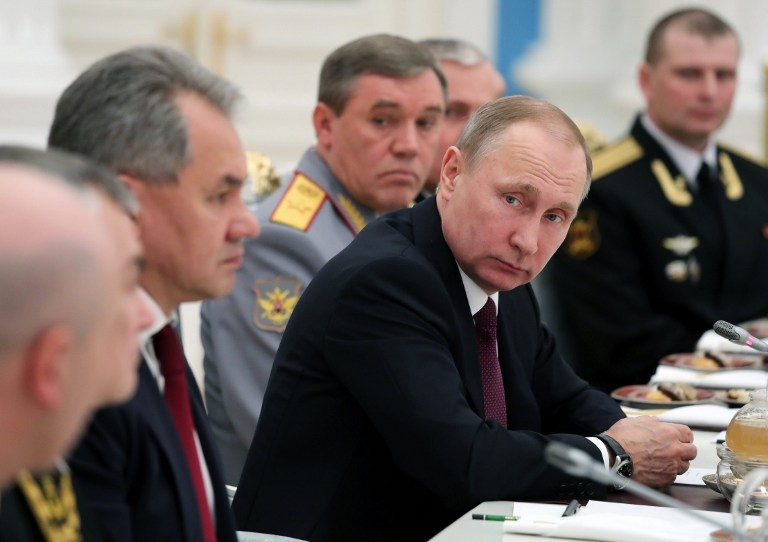
In 2013, Russia appeared to rescue the international community’s embarrassment from Syria’s use of chemical weapons by getting them to disarm. Russia’s most recent veto of measures at the UN Security Council against the Syrian regime for its latest use of chemical weapons is a regrettable retreat from upholding basic international norms.
Of Russian challenges to the rules-based international order, Syria is the latest
The prime minister’s message to Republicans in Philadelphia to “engage but beware” contained truths for the entire spectrum of the debate on how to manage relations with Russia. It recognised the imperative of improving relations with Russia, while highlighting that engagement must be based on more than blind trust.
Of Russian challenges to the rules-based international order, Syria is the latest. Russians are keen to stress the legitimacy of the principle of their involvement in Syria, on the basis of a formal invitation from the Government of Syria and UN Security Council Resolutions that call on member states to confront terrorist groups in Syria. However, these justifications of their presence do not justify their inexcusably brutal conduct of the campaign.
The allure of a Russian reset
East Aleppo’s ruins are a testament to both sides' willingness to burn Syrian cities to the ground in order to claim the ashes. The wanton and brazen disregard for the rules of war in the campaign for Aleppo shook the world. Amid the cacophony of condemnation, the international community and its institutions’ inability to do more than hand-wring on the sidelines was exposed.
The sincerity and even ability of the Russian government to extract the meaningful compromises from the Syrian government to deliver a settlement remain in doubt
As soon as the guns fell silent in Aleppo, Russia took steps to establish conferences in Astana and then Geneva to bring to Syrian parties together. This allowed Russia to present itself as an indispensable partner in the cause of peace, apparently willing and capable of cajoling the different parties to a negotiating table.
To an infant Trump administration, the allure of a reset with Russia is strong. As the world watches the stuttering peace talks in Geneva, hoping that any achievements may emerge, it is natural to wish for well-meaning cooperation in order to bring long-overdue relief to the Syrian people.
So far, actors on the ground appear to remain committed to improving their positions by military means, as ever-repeating rounds of talks remain fruitless. However, wars end with talks and if they plot an ugly path to peace that may be the necessary messy compromise to escape the current carnage.
From ideals to interests
Our policies in Syria should be supported by more than ideals, and we must work to alter the cost-benefit calculations of Russian actors who violate internationally held norms. Traditional avenues of accountability for war crimes currently appear blocked, as there is no realistic prospect of the situation in Syria being referred to the International Criminal Court, but future accountability should not be discounted.
It is part of the post-Cold War legacy that sincere cooperation on fundamental shared interests remain both elusive and a sadly remote prospect
The recent introduction of powers in the Criminal Finances Bill to sanction individuals involved in gross human rights abuses or violations carried out outside UK jurisdiction is a welcome step. We will wait to see how the government might apply these powers to individuals in Syria.
However, there is no road to peace in Syria that does not pass through Russia. We must, therefore, be mindful of ensuring that there are clear pathways out of the confrontation that we find ourselves in, while not wholly abandoning on our core values.
It is part of the post-Cold War legacy that sincere cooperation on fundamental shared interests remain both elusive and a sadly remote prospect. Nevertheless, the international community should be prepared to explore where shared interests lie and, in doing so, engage with Russia more than it has to date.
- Crispin Blunt is the chairman of the British Parliament's Foreign Affairs Select Committee.
The views expressed in this article belong to the author and do not necessarily reflect the editorial policy of Middle East Eye.
Photo: Russian President Vladimir Putin attends a meeting with Northern Fleet officers who took part in the combat activities in the Mediterranean off the coast of Syria at the Kremlin in Moscow on 23 February 2017 (AFP)
This article is available in French on Middle East Eye French edition.
Stay informed with MEE's newsletters
Sign up to get the latest alerts, insights and analysis, starting with Turkey Unpacked
Middle East Eye delivers independent and unrivalled coverage and analysis of the Middle East, North Africa and beyond. To learn more about republishing this content and the associated fees, please fill out this form. More about MEE can be found here.



